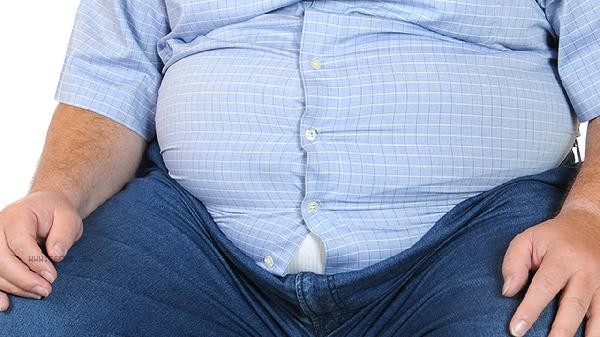The effectiveness of weight loss drugs varies from person to person, and currently there is no weight loss drug that absolutely does not rebound. Weight loss drugs mainly exert their effects by suppressing appetite, reducing fat absorption, or increasing energy expenditure. Common effective ingredients include orlistat, phenytoin hydrochloride, liraglutide, etc. The use of weight loss pills requires strict adherence to medical advice, combined with dietary control and exercise to reduce the probability of rebound.

1. Orlistat
Orlistat is a gastrointestinal lipase inhibitor that can prevent the breakdown and absorption of dietary fat, making it suitable for people with excessive fat intake in their diet. This medicine may cause adverse reactions such as fat diarrhea and increased gastrointestinal exhaust, and long-term use may affect the absorption of fat soluble vitamins. It should be used in conjunction with a low-fat diet. If the medication is stopped and a high-fat diet is restored, it is easy to rebound.
2. Fentanyl Hydrochloride
Fentanyl Hydrochloride is a central appetite suppressant that stimulates the release of norepinephrine from the hypothalamus to produce a sense of fullness. Suitable for short-term treatment of simple obesity, which may cause side effects such as dry mouth, insomnia, and high blood pressure. The drug is addictive and usually has a usage period of no more than 12 weeks. After discontinuation, appetite recovery may lead to weight gain.
3. Liraglutide
Liraglutide is originally a hypoglycemic drug that achieves weight loss by delaying gastric emptying and central appetite suppression. Daily subcutaneous injection is required, and common adverse reactions include gastrointestinal reactions such as nausea and vomiting. Research shows that after stopping medication for one year, the average weight loss rebound is about two-thirds, requiring long-term maintenance of a healthy lifestyle.

4. Metformin
Metformin mainly assists weight loss by improving insulin sensitivity, and its effect is more pronounced in obese individuals with insulin resistance. Possible side effects such as diarrhea and metallic odor may occur, with relatively limited weight loss. If there is no dietary or exercise intervention after discontinuing medication, weight may gradually return to pre medication levels.
5. Chlorhexidine
Chlorhexidine inhibits appetite by activating 5-HT2C receptors and has been delisted due to potential cardiovascular risks. Its weight loss effect is moderate and requires behavioral intervention. Studies have shown that most users experience varying degrees of weight rebound after discontinuing medication, requiring ongoing lifestyle management.

Any weight loss medication should be used under the guidance of a doctor and should not be purchased or taken by oneself. The key to maintaining the effectiveness of drug weight loss lies in establishing healthy lifestyle habits, including a balanced diet and regular exercise. It is recommended to maintain moderate aerobic exercise daily, such as brisk walking, swimming, etc., while increasing dietary fiber intake and controlling the intake of refined carbohydrates and saturated fats. Regularly monitor weight changes and consult a nutritionist to adjust the plan during the plateau period to avoid metabolic rate decline caused by extreme dieting. After successful weight loss, it is still necessary to maintain weight monitoring for at least one year and consolidate the effect through continuous behavioral intervention.









Comments (0)
Leave a Comment
No comments yet
Be the first to share your thoughts!